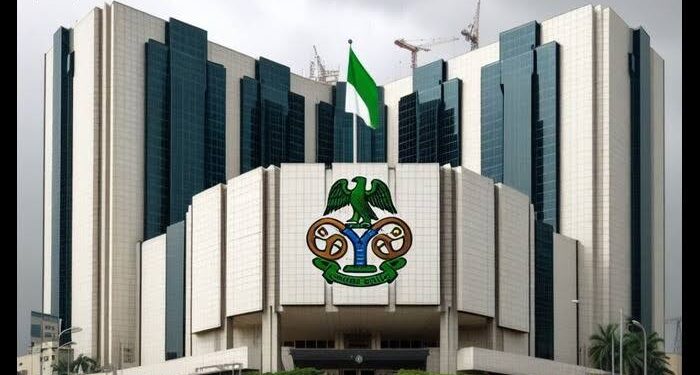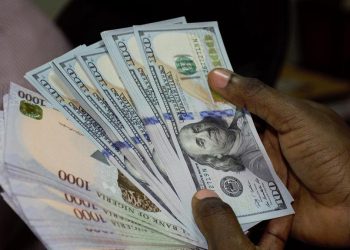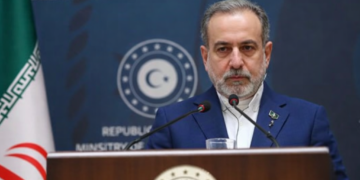The Central Bank of Nigeria (CBN) has recently caused a stir with various national issues, including fuel shortages, food insecurity, and now, the banking sector. In a move aimed at transparency, the CBN released a comprehensive list of all licensed Deposit Money Banks (DMBs) operating within the country. This list sheds light on the current state of Nigeria’s banking system, sparking both curiosity and concern.
The list categorizes banks based on their authorization level. Seven prominent Nigerian banks boast international authorization, allowing them to operate beyond national borders. These include established names like Access Bank, First Bank, and Zenith Bank. This international presence signifies the growing influence of Nigerian financial institutions on the global stage.

A wider range of banks hold national authorization, catering primarily to domestic needs. This category includes familiar names like Ecobank, Union Bank, and Wema Bank. These institutions provide essential financial services for individuals and businesses within Nigeria.
Interestingly, the list also reveals the existence of banks with regional licenses. These institutions, like Providus Bank, cater to specific geographic areas within the country, potentially addressing the financial needs of underserved regions.
Beyond traditional banks, the CBN list acknowledges the growing importance of non-interest banking, a practice based on Islamic principles. Banks like Jaiz Bank offer financial services that comply with Sharia law, catering to a specific segment of the Nigerian population.
The list further details institutions involved in merchant banking, which specializes in raising capital for businesses. Names like Coronation Merchant Bank highlight the availability of specialized financial services for business growth.
Financial holding companies, acting as parent companies for various financial institutions, are also included. This reveals the interconnectedness and consolidation within Nigeria’s financial sector.
Finally, the list acknowledges the presence of a sole representative office from a foreign bank, Mauritius Commercial Bank. This limited presence suggests a cautious approach by foreign institutions in the current Nigerian economic climate.
The CBN’s release of this comprehensive list serves multiple purposes. It provides transparency for potential customers, allowing them to choose banks based on their specific needs and authorization levels. It also offers valuable insights into the structure and diversity of Nigeria’s banking sector. However, considering the recent economic turbulence, the list also raises questions.
The timing of the list’s release, amidst national anxieties about various sectors, might lead some to question if this is a mere attempt at transparency or a response to underlying concerns. Nigerians are likely to scrutinize the list carefully, hoping to find reassurance in the strength and stability of the country’s banking institutions.
This is just the beginning of the conversation sparked by the CBN’s list. Only time will tell how the various institutions on this list navigate the current economic climate and contribute to Nigeria’s overall financial well-being.

















